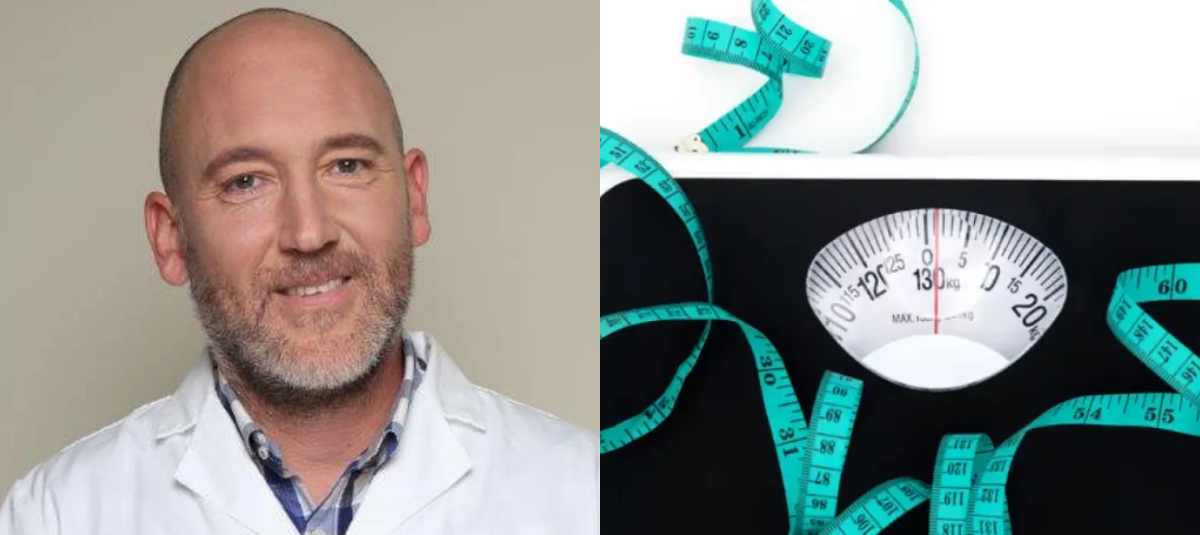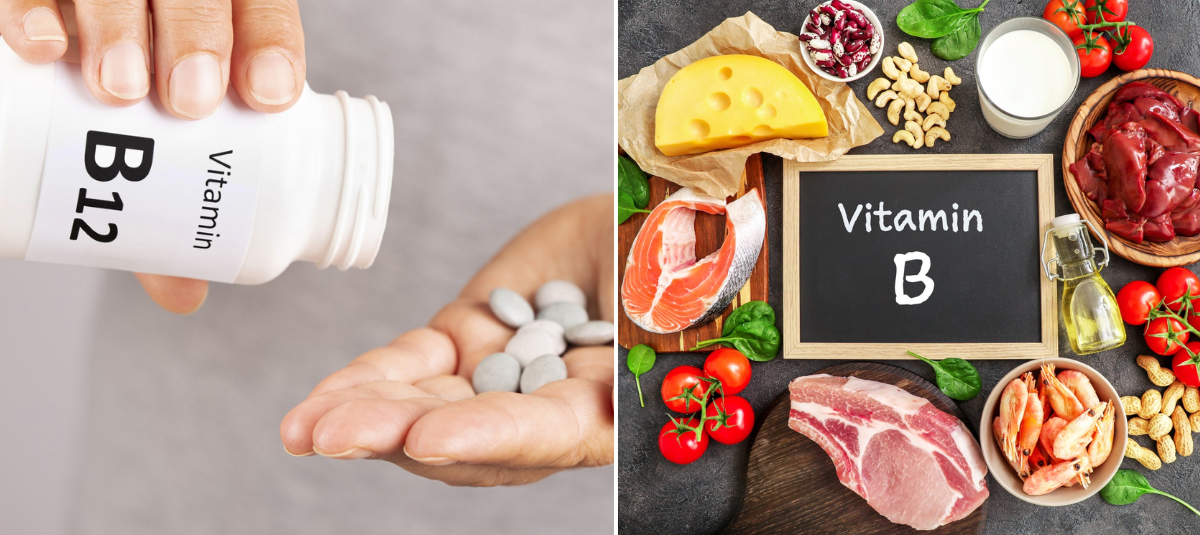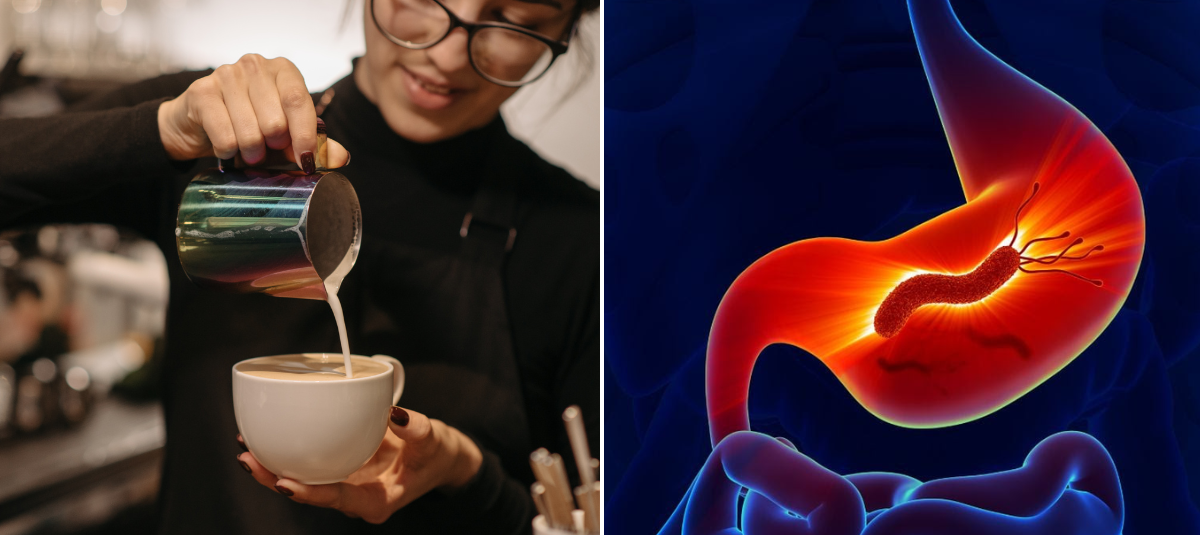Energy drink consumption reveals 'worrying' effect; it alters sleep patterns: 'It poses a developmental risk'

The 'worrying' effects of regular energy drink consumption are revealed. Photo: iStock
The Mónica Duart Sleep Foundation (FSMD) has released the results of a study that exposes the effects of regular energy drink (ED) consumption on the quality and quantity of sleep in adolescents.
The research, conducted by a medical team at the Doctor Peset University Hospital in Valencia, confirms " a clear relationship between the consumption of these beverages and significant alterations in sleep patterns , which represents a risk to the physical, emotional, and academic development of young people," according to a statement released by the foundation.
READ ALSO

Twenty percent of consumers reported headaches and difficulty falling asleep. Photo: iStock
The study compared two groups of male adolescents aged 12 to 16, all of whom played for the Puerto de Sagunto Basketball Club and had similar exercise routines. Ten of them were regular energy drink users, while the other ten did not.
The results show notable differences between the two groups. Those who did not consume energy drinks enjoyed longer and more stable sleep, while their drinking counterparts reported a reduction in nighttime sleep duration (7.44 hours vs. 8.13 hours), greater irregularity in sleep schedules, and greater nocturnal activity during rest (15.72 vs. 9.8 hours).
The FSMD points out that this difference is due to the effect of caffeine and other stimulant compounds in energy drinks, which interfere with sleep and reduce sleep quality. Furthermore, 20% of consumers reported symptoms such as headaches or difficulty falling asleep.
The study also reveals behavioral patterns linked to the consumption of these beverages. Ninety percent of adolescent drinkers consume these drinks in the afternoon or evening, which can directly influence sleep problems. Furthermore, 80% do so in social settings, primarily in the company of friends.
READ ALSO

A study links these effects to caffeine and other stimulants. Photo: iStock
Regarding their reasons for consumption, 50% indicated they started out of curiosity and the other 50% because of social influence. The flavor was the main attraction for 80% of those surveyed, while only 20% stated they consumed them with the goal of improving their physical or cognitive performance.
The study also identified an association between energy drink consumption and alcohol consumption: 70% of adolescent consumers had consumed alcohol at some point, compared to 30% of the non-consumer group. Furthermore, 60% of consumers considered the health impact to be dose-dependent, while 80% of non-consumers perceived energy drinks as harmful in general.
Given these results, the Foundation's president, Mónica Duart, emphasized the need to implement concrete measures to protect the well-being of children and adolescents. "Energy drink consumption in childhood and adolescence has gone from being an occasional practice to becoming a common behavior in many school, sports, and social settings," she stated.
Duart emphasizes that the study highlights the direct impact of these beverages on sleep, "a critical factor in neurological development," and noted that "it is essential to promote healthy lifestyle habits, educate about the risks of these substances, and establish policies that limit their sale and access to minors."
Along the same lines, he warned that " any alteration in the quality or quantity of sleep can lead to significant clinical consequences, such as a decline in academic performance, a higher incidence of behavioral disorders, attention deficit disorder, and even a greater risk of developing chronic diseases in the long term." He also emphasized that "sleep is a key pillar of brain development."
READ ALSO

The FSMD also warned about the growing normalization of these beverages among minors. "The lack of effective regulation allows for unrestricted access," warned Duart, who noted that their availability in supermarkets, vending machines, and even schools, combined with intense promotion on social media and at sporting events, has fueled the spread of their consumption among young people.
The sample consisted of 20 male adolescents between the ages of 12 and 16 (mean age: 13.8 years), all members of the Puerto de Sagunto Basketball Club. The group was divided into two groups: regular energy drink users and non-users. The study is part of the "One Ball, One Hour" project, a joint initiative of the Puerto de Sagunto Basketball Club and Sagunto Hospital, aimed at promoting healthy lifestyle habits and preventing childhood obesity.
With this research, the Mónica Duart Sleep Foundation reaffirms "its commitment to promoting healthy sleep and fostering scientific evidence as a basis for awareness and prevention," its president emphasized.
*This content was rewritten with the assistance of artificial intelligence, based on information from Europa Press, and reviewed by the journalist and an editor.
Follow all the information about Culture on Facebook and X , or in our weekly newsletter .
eltiempo

%3Aformat(jpg)%3Aquality(99)%3Awatermark(f.elconfidencial.com%2Ffile%2Fbae%2Feea%2Ffde%2Fbaeeeafde1b3229287b0c008f7602058.png%2C0%2C275%2C1)%2Ff.elconfidencial.com%2Foriginal%2F5c4%2F525%2Fe80%2F5c4525e8098e867f60b5d92103bc3813.jpg&w=3840&q=100)



